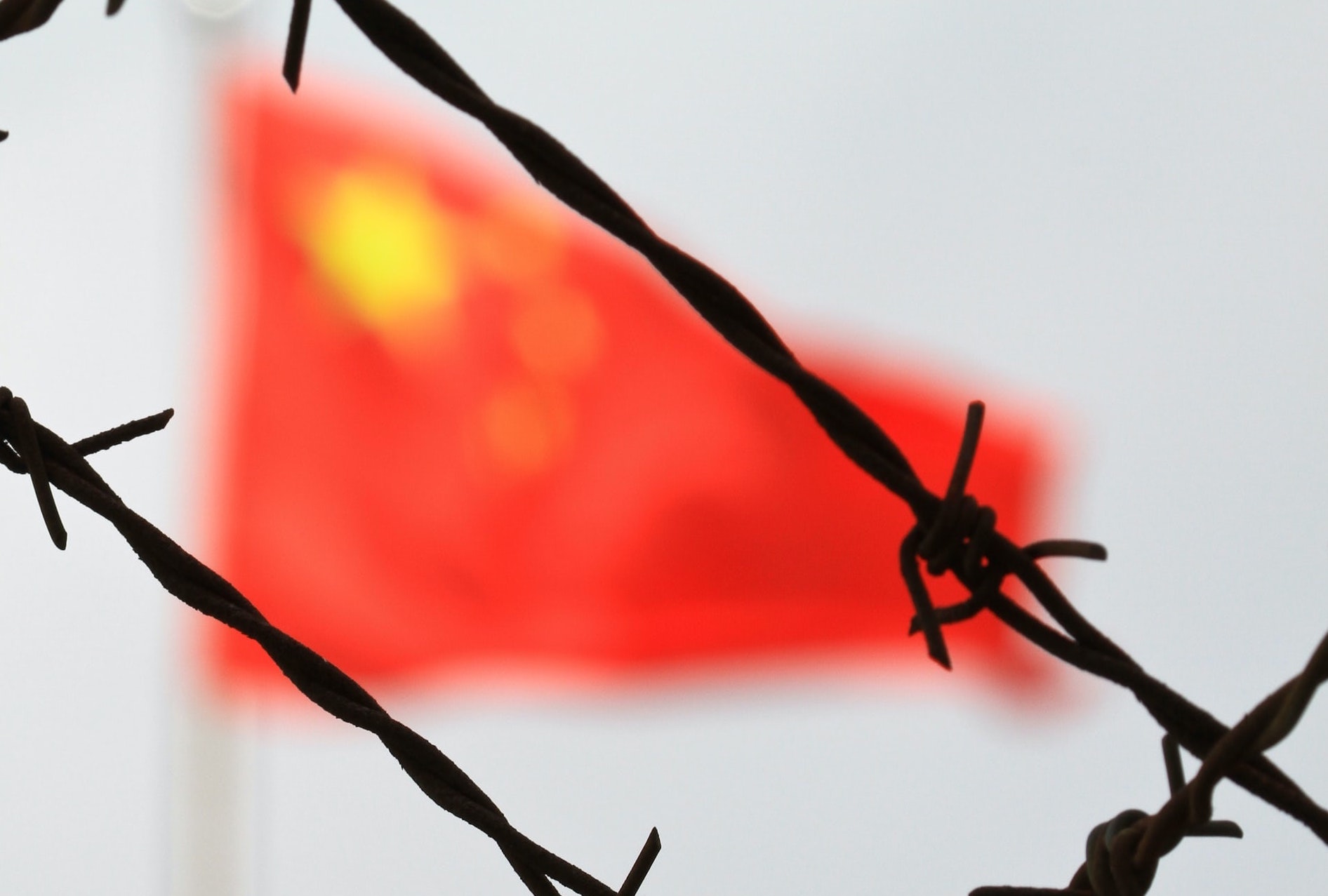Does China pose a moral hazard?

Does China pose a moral hazard to international society? That is the provocatively titled question posted by the Centre for Geopolitics website, hosted at Cambridge University at their ‘conversations‘ website.
KC Lin, Deputy Directory of the centre, starts out by underscoring how the “coronavirus is another demonstration of China’s risk-proliferating behavior – whether due to poor governance of dangerous medical facilities or more troubling biochemical warfare developments”. This does sound a little alarmist at first glance, but he is not without reason. Historically, he argues, China’s entrance into international society, as we know it, is backed by selective adaptation to protect its national interests.
This involves creating “parallel institutions when empowered” and the exploitation of “incomplete governance of multilateral institutions. At key moments during the PRC’s foreign policy reorientation, it has sought to transfer security and governance risks that could not be managed domestically to the international society and regimes.” The coronavirus, is yet another instance, he posits, where China has sought to export risk to international society. All of these illustrates Beijing’s ‘risk proliferating’ behaviour where the PRC tries to “maintain an alternative logic of a “responsible stakeholder” to the extreme detriment of global commons in public health and pandemic control.”
Steve Tsang, Director of the SOAS China Institute, agrees with Lin. But he sees the root of the problem lying with leaders of liberal democracy for not treating China as it is but as it wished. Thus, “governments’ costly failure is to ignore what we know and treat the PRC under the Communist Party on an unrealistic basis.” William Hurst, Professor, Northwestern University opines that domestic imperatives must not be ignored when one consider the question of moral hazard. Similar to Tsang, he cast the blame squarely on the shoulders of major powers for turning a blind-eye to Chinese activities –
“It is other states – notably the United States, but also Japan, the UK, and European countries – that must bear responsibility for organizations, rules, or relationships potentially becoming more “China-centric” as a result of this crisis. It is their failure of proactive leadership that allows China to claim the soft power advantage”
In that way, it is not productive for the ‘West’ to scapegoat or isolate China as it simply bolster Beijing’s domestic narrative of Western powers trying to curtail their rise.
I also intervened, adding my views to this debate. I agreed with many of their points but caution that perspectives of China needs to go beyond the ‘China-U.S’ or ‘China-Western powers’ lens that seem to dominate most analyses these days. I make two points in that respect, which I reproduce in full below:
“First, rather than an ‘either-or’ assessment of China’s moral fidelity, Southeast Asia’s experience tells us that Beijing’s risk-proliferating, and, in fact, cooperation-proliferating practices take place in contingent, indeterminate and emergent ways. China is not naturally pre-disposed towards exporting risk to international society.
In Southeast Asia, China has sought to drive home the point, perhaps creatively, that it is a defender, not abuser of global norms. It has also pressured countries in Southeast Asia to support and praise its coronavirus efforts, with some success. Nevertheless, Beijing has also delivered much needed medical supplies to almost all the Association of Southeast Asian Nations (ASEAN), and have sought to keep medical exchange open in a genuine bid to share information and keep the virus under control. In that way, assertive diplomacy takes place in tandem with cooperative diplomacy.
Second, countries in Southeast Asia have always viewed China perspicaciously, more so, I dare say, than Western countries. That is because we do not necessarily have the proselytizing tendencies exhibited by many liberal regimes. Of course, this is not to suggest that human rights, the sanctity of international law and so forth are unimportant but to merely point out that many regimes in this part of the world have better understandings of, and interactions with China because we do not let these hamper our observations vis-à-vis Beijing. Discussions on Chinese diplomacy and its behavior almost-always disregard non-western imaginaries. Yet, this sort of abbreviated consideration can generate more heat than light.”
I think the format of this ‘conversations’ platform is quite refreshing as it allows participation from anyone. You can join in the conversation here.
Author
-

Dylan is the founding editor of The Politburo and is an Assistant Professor at Nanyang Technological University. Views expressed are his own and do not represent the views of his employer.
Dylan is the founding editor of The Politburo and is an Assistant Professor at Nanyang Technological University. Views expressed are his own and do not represent the views of his employer.

